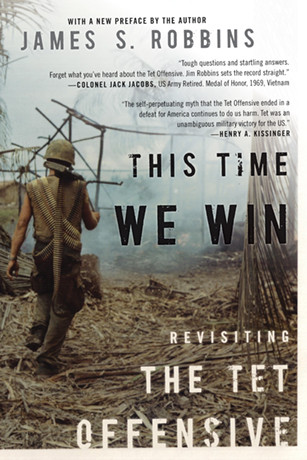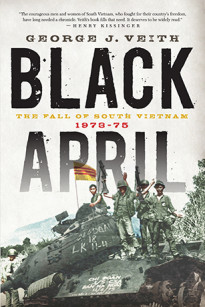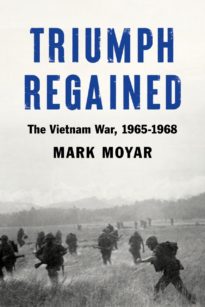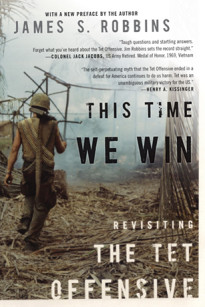“You had to see the low walls of enemy dead stacked like cordwood outside that ring of armor to understand our bewilderment when we read that we had been defeated.”
— Colonel Michael D. Mahler, 35th Cavalry, Vietnam 1967-68
Most of what people hear about the Tet Offensive is wrong. The 1968 battle during the Vietnam conflict is billed as the moment when public support for the war effort, already rocky, dropped out. Allied forces quickly won the battle, but news reports exaggerated the scale of the attacks and the destruction they wrought, generating a sense that the contest had ended in a draw at best. Antiwar sentiment surged, and a harried President Lyndon Johnson bowed to public pressure and chose not to run for re-election. The battle marked the dividing line between gradual progress toward an ill-defined victory and slow descent to a humiliating defeat. At least this is the received wisdom of Tet.
It is now commonly understood that Tet was a U.S. military victory but a political defeat. Yet at the time the battle was widely considered an American defeat in both respects. The enemy attacks were seen as largely symbolic, in which success was measured not by seizing and holding square miles of territory but commanding column inches of newsprint and minutes of television air time. The fact that the enemy was swiftly defeated on the ground was immaterial; that it could mount an attack at all was considered a military triumph. This impression was promoted by the press, antiwar activists, North Vietnamese propagandists, and President Lyndon Johnson’s domestic political opponents.
Many still believe that the enemy intentionally staged a symbolic attack in order to “send a message,” to gain advantage in negotiations, or “to get the Americans to the bargaining table.” That perspective diminishes the magnitude of the Communist defeat by defining North Vietnamese objectives down to what they achieved. But Tet was not an attempt by the North Vietnamese and Viet Cong simply to send a message. It was a last-ditch, desperation assault seeking a victory they saw slowly but surely slipping away. The North Vietnamese sought to foment a general uprising of the South Vietnamese people, to overthrow the Saigon government and force a Communist triumph. But despite frantic attacks by Viet Cong guerrillas and North Vietnamese regulars, the hoped-for popular uprising did not take place, and after a few days’ fighting the majority of the Communist forces were driven off or destroyed. It was a historic, catastrophic failure.
Decades after the disastrous offensive, Tet continues to shape perceptions of American conflicts. Tet has become more than a battle; it is a legacy, a legend, a continually replicating story line. It has become a powerful symbol divorced from its reality. The Tet narrative is fixed deep in the historical memory of those old enough to remember it, of those slightly younger who experienced its echoes, and especially of the generations who received the version of events rendered by historians and reporters after the fall of South Vietnam in 1975, when the arrival of defeat affirmed their long-standing belief in its inevitability.











